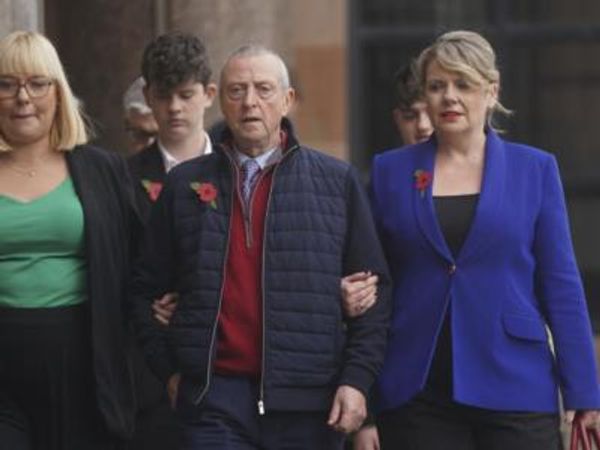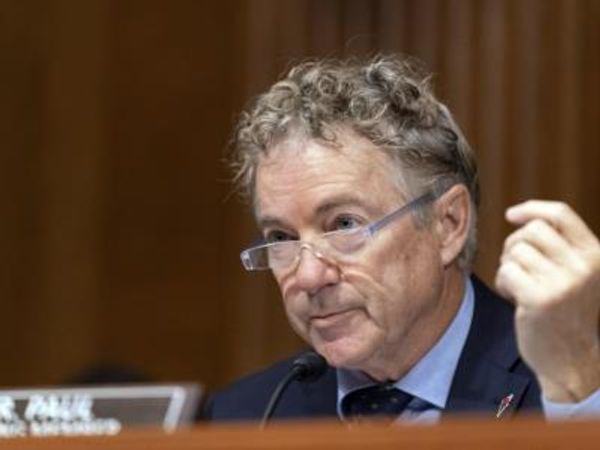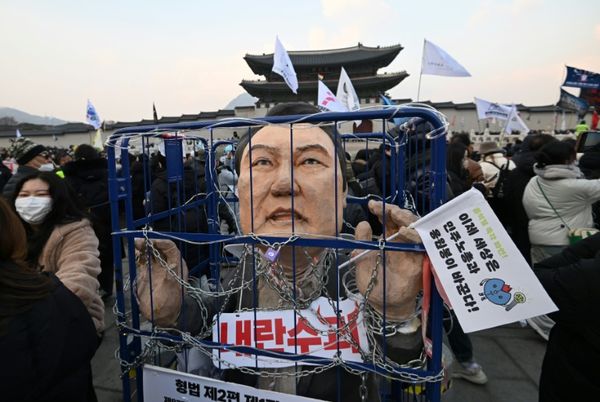
The Albanese government is tiptoeing its way to decency. That’s my conclusion, reflecting on the government’s first seven months, which have included major positive reforms and some carefully dropped hints of more progress to come.
The headline items: big industrial relations and workplace reforms, tentative action on climate change, and the delivery of a federal anti-corruption body. In the background, Attorney-General Mark Dreyfus has also been working on advancing nationally coordinated moves to address violence and sexual violence against women.
With significant caveats, these are all good things if you’re of a progressive bent. They lean on the arc that bends towards equality, equity and a bearable world. Importantly, almost everything the government has done is consistent with respect for the rule of law and the integrity of our democratic institutions.
The latest confirmed reform — the impending abolition of the corrupted Administrative Appeals Tribunal (AAT) — is a sign of a government gaining confidence as it picks up speed. It’s a huge step, radical even. Dreyfus had been seeding the ground for months, openly hinting that he might go so far; when he followed through, there was barely a whisper of dissent. It was obviously the right decision because the Coalition government had destroyed the AAT’s credibility by stacking it to the gills with party hacks.
What stands out so far, in direct contrast to the approach of the previous governments and especially that of Scott Morrison, is the assiduous way in which this government goes about laying the groundwork for each reform it undertakes. The over-arching sense is one of calm; on closer analysis what one sees is obviously careful and cautious planning. Somewhere in the Prime Minister’s Office, one feels, there is a giant chart plotting out a full three years’ worth of major and minor steps towards the light on the hill.
Two recent examples illustrate what’s going on. Last week, Minister for Citizenship Andrew Giles quietly dropped a media release titled “Greater Flexibility for Citizenship Ceremonies for 2023”. Local councils hold most such ceremonies, and their intersection with Australia Day had become a battleground in the Coalition’s culture wars.
Morrison’s government had mandated that all councils must hold a citizenship ceremony on January 26. Two Victorian councils had refused, and so had been formally stripped of their right to hold any citizenship ceremonies at all. This was John Howard-style enforced jingoism on steroids, from a government that substituted confected ideological conflict for actual governing.
Giles announced that the two councils are getting their rights back, and that all councils will now be able to hold their ceremonies any time between January 23 and 29.
Is this because January 26 is, for most Indigenous peoples, Invasion Day, and therefore a really crappy day to be celebrating our national unity? No — according to Giles, the new offer of flexibility is because some councils want to hold their ceremonies on other dates “due to higher operational costs” on a public holiday or because “they would benefit from scheduling ceremonies as part of a broader program of Australia Day community events”.
In other words, nothing to see here, just operational adjustment. That’s sophistry, of course; what is really going on is a new government looking for an uncontroversial pathway to deescalating the conflict around the date, signalling to those advocating to change the date that it is sympathetic to their cause while not giving the opposition and News Corp a stationary head to kick. Like I said: tiptoeing.
The second example was a drop to the Nine newspapers on Tuesday. Opening line: “More than 19,000 refugees in Australia will finally be able to qualify for permanent residency after a decade on temporary protection visas, in a major policy change the federal government will unveil in the new year.”
The source? Nine “has confirmed with two senior sources in the Albanese government that Giles is finalising details of the policy change, which Labor took to the last federal election.”
In other words, a sanctioned leak. This policy change is truly enormous: it will close one of the most shameful chapters in Australia’s long history of behaving indecently towards foreigners.
The 19,000 people are the “rump” left over from the bipartisan policy — introduced by the Rudd government and gleefully enforced by the Coalition — that dictates that no asylum seeker who arrived in Australia by boat after 2013 will ever be settled permanently here. That is, regardless of the legitimacy of their claims to refugee status, or how much inhumanity might be visited upon them due to the impossibility of their situation.
These are the people tortured on Manus Island and Nauru, subjects of the Medevac war, refugees set adrift in a Kafkaesque sea. Truly hostages to base politics. I have met and worked with many of them, such as Mostafa (Moz) Azimitabar, a beautiful man, artist and would-be positive contributor to our society. Many of them are broken by their experiences. They’re just, in the end, people like us.
The signal is that their torture will soon finally end. They will become eligible for permanent residency and ultimately citizenship. The right thing will be done. May it come true, please.
This is what I mean by tiptoeing to decency. I have been among those demanding more from this government, before and since it was elected, more than it believes political expediency will allow. What matters is what it does. How it gets there is, I concede, a matter for political calculation as well as what is right.
If this government continues as it has begun, and delivers what it has signalled, then I think it has earned the right to keep tiptoeing down its own carefully prepared path.







